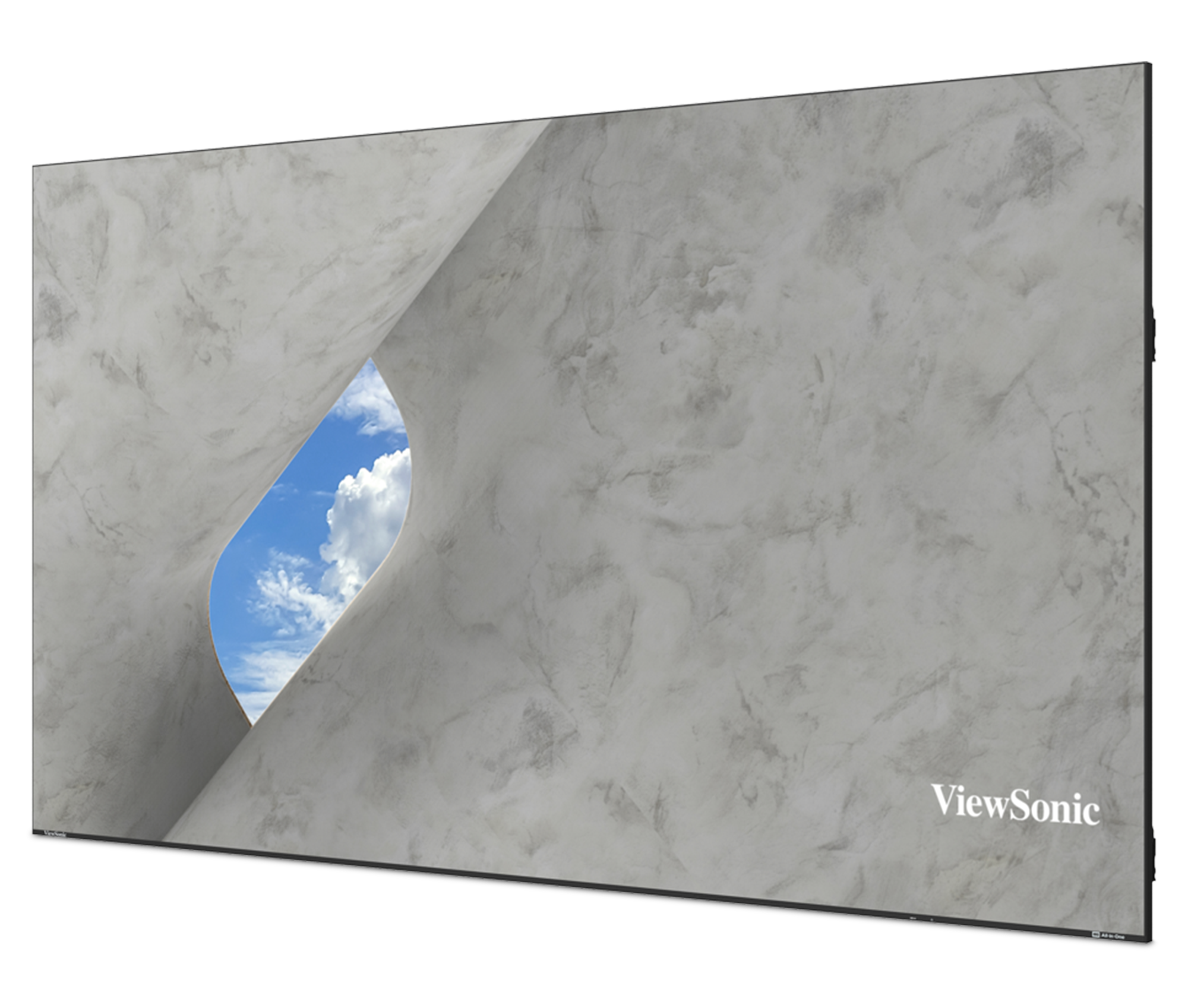To the Rescue! How an LCD Projector Saved Us
Tools and ideas to transform education. Sign up below.
You are now subscribed
Your newsletter sign-up was successful
Three middle-aged women sit comfortably on a sofa and chairs, iced sodas at hand. With the laptop linked to the projector and with the latter carefully focused, they dim the lights, turning their attention to the screen. What appears is not the latest Hollywood heart-throb, but pages and pages of text.
These women are co-authoring an article on peer mentoring among doctoral students at a major southern university. This situation presented them with several communication obstacles to overcome. First, they live more than 50 miles apart. Second, two are full-time secondary teachers, while the third is a full-time college student. Third, one is an unmarried person living alone while the other two must juggle family issues. Fourth, each is a visual learner. How do they resolve these issues with the need to collaborate on the article?
“Ahh,” you say, “They use Email.” Well, they did, or at least they tried to. But even using Instant Messaging (IM) caused problems. When Dina’s daughter broke her own computer, she pleaded, “Mom, please, I need to borrow yours. Just for awhile so I can finish my paper.” There went Dina’s allotted IM time. Barbara’s computer crashed. There went her IM time. Marty’s computer was stolen when her home was burgled. Now SHE has lots of time but no machine. Gone was the accessibility to Email.
So, they tried a form of the traditional method. Each wrote a section of the article, then they met to meld the sections together. As they sat at the table reading each other’s drafts, they realized each had a different tone. The lack of continuity created dissention in the ranks.
Faced with ONE working computer and a deadline for the draft of the article, Marty, Dina and Barbara concocted a creative solution to their dilemma. They met at Marty’s home, hung a white sheet over the double-door entry, hooked the computer to Marty’s InFocus LCD projector and began to write. New dilemmas arose. These did not involve the technology, at least not after the trio figured out it was not their technological naiveté that made the image not appear; it was the fact that the S-video cable was, as the techies probably don’t say, on-the-blink or on-the-fritz. In other words, it was just no good.
Once they replaced the dead cable and got the technology working, the co-conspirators started their article – and personality issues became apparent. Marty began typing but made so many typographical errors that Dina walked over, pulled the chair back and stated, “I’m typing!” Dina’ s typing skills were such that four or five paragraphs were generated with limited difficulty. Then the rules changed:
Barbara: “We aren’t following the plan. Aren’t you two looking at the outline?”
Tools and ideas to transform education. Sign up below.
Marty: “Well, yeah, but we’re brainstorming. After all, Barbara, ‘They aren’t really rules, so much as guidelines.’”
Dina: “Guys, let’s just get the words on paper then we can go back and edit.”
Barbara: “Why can’t we just write it right the first time? Why go back and make changes when we are ALL looking at it right now?”
That’s when the figurative light-bulb blazed on over all three heads: they did not have to follow the linear pattern of traditional collaboration. No longer did one have to write a draft, send it to the others for editing and comments, amend the original, submit the second draft to the others for editing and comments, then, create the final draft.
Barbara’s comment sparked a session of true collaboration. Instead of one principal author’s voice dictating the tone of the article, they used the LCD projector to blend three different voices into one. The process was not seamless – gaps appeared with regularity as they worked together. There were lots of fortissimo comments prior to agreement with the content, text and tone of the article.
But it all worked, and they submitted an on-time draft of a 5,000 word article written in one weekend. The LCD projector saved time, gas money and sanity.
The LCD projector is the future of collaboration.
Email:Marty Mayer
Email:Dina Mayne
Email:Barbara Rodgers
